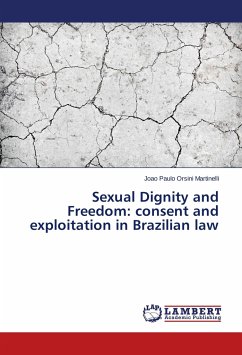The Brazilian prison system is a topic that worries contemporary legal thinkers, due to the deprivation it causes to the inmate, the subhuman conditions that prisoners are subjected to and also the high rates of recidivism. The purpose of the custodial sentence is general and special prevention, while the fundamental aim of the prison system is to re-socialise the inmate, i.e. to recover him in order to reintegrate him into society. The Penal Execution Law determines how the prison system should be structured, as well as the rights and duties of inmates. However, the reality of the prison system is far from idealised. It is clear to see the subhuman situations to which prisoners are subjected, without the slightest observance of human dignity, as well as the stigma that imprisonment generates for the convict. It is because of the current configuration of prison sentences that many scholars have started to defend the effectiveness of restrictive rights sentences.
Bitte wählen Sie Ihr Anliegen aus.
Rechnungen
Retourenschein anfordern
Bestellstatus
Storno








